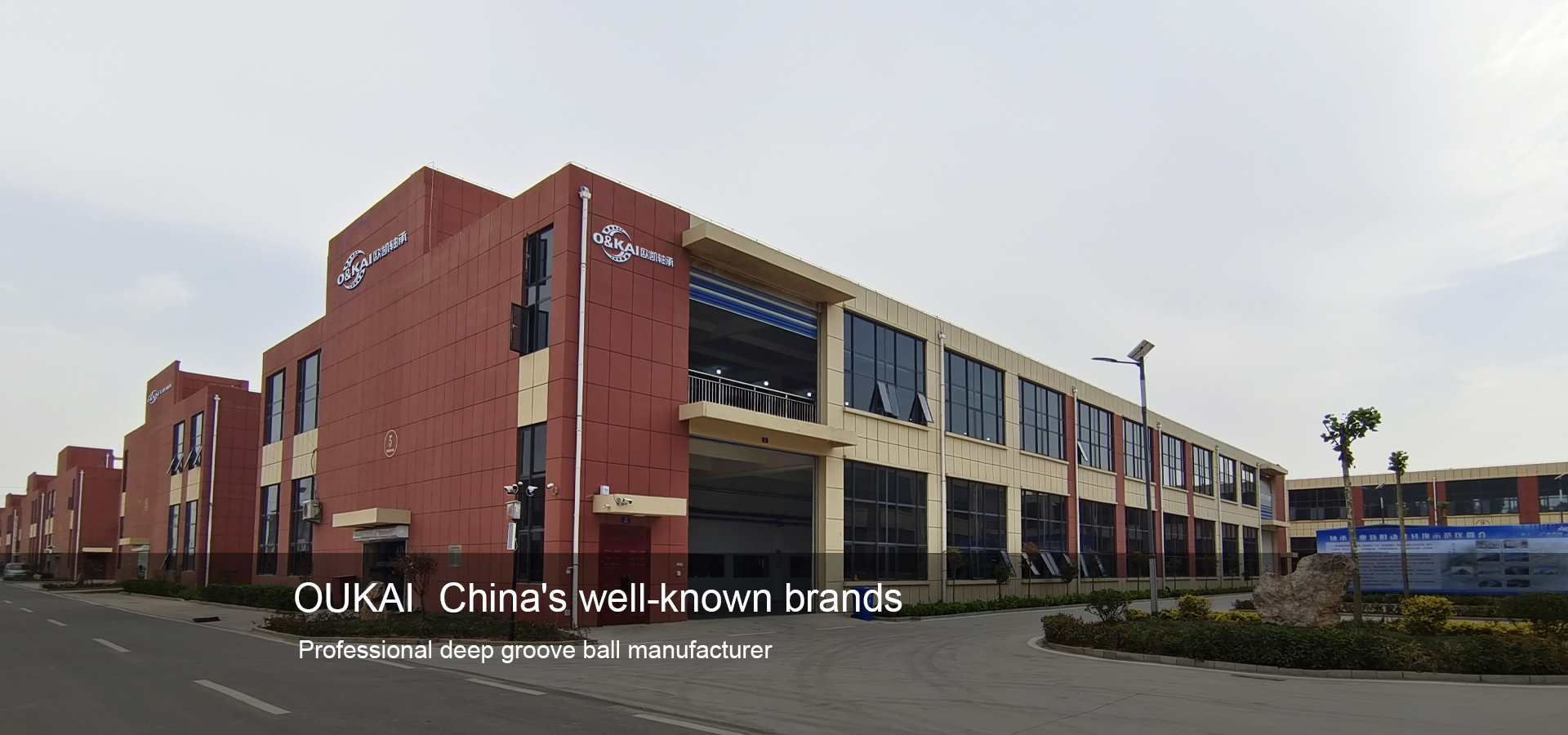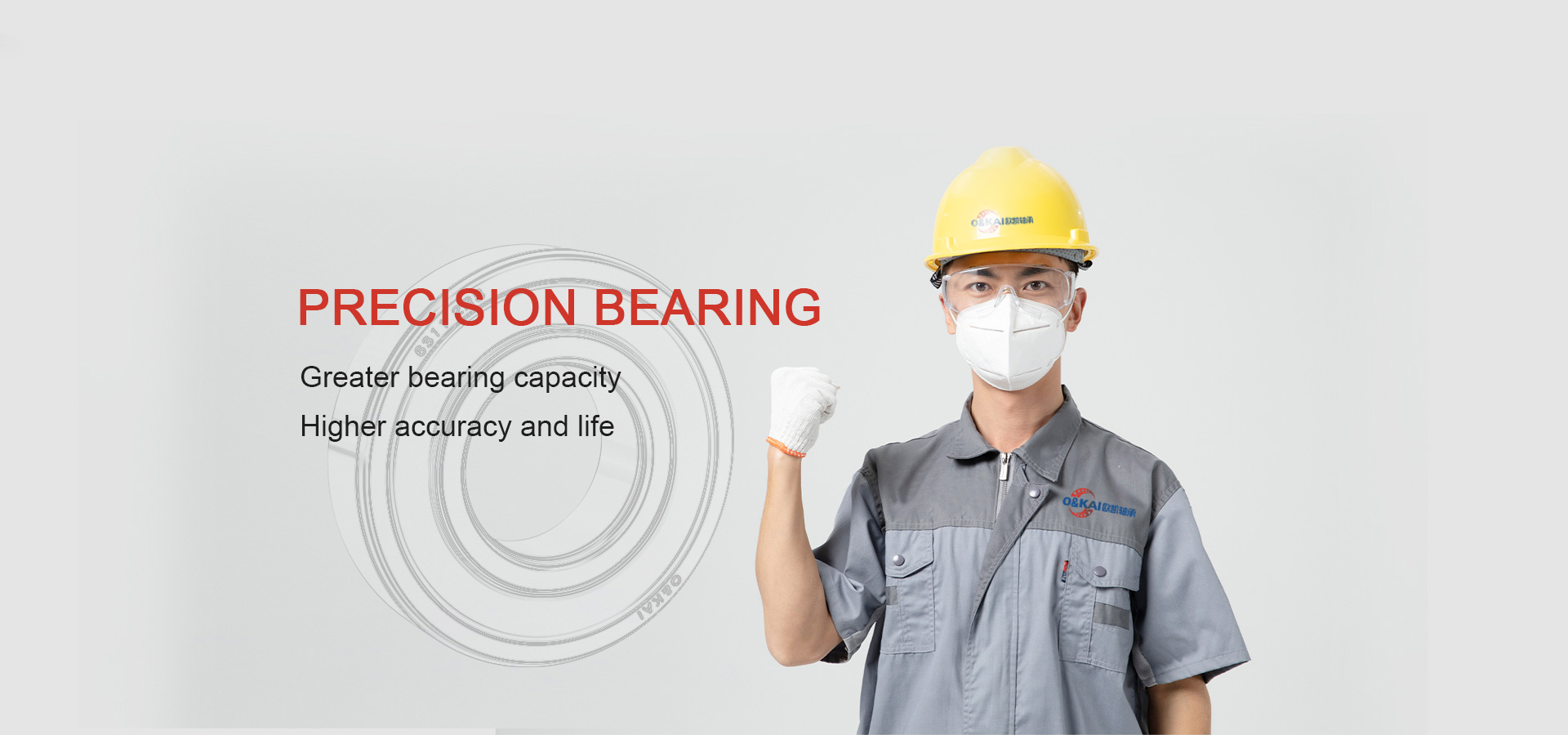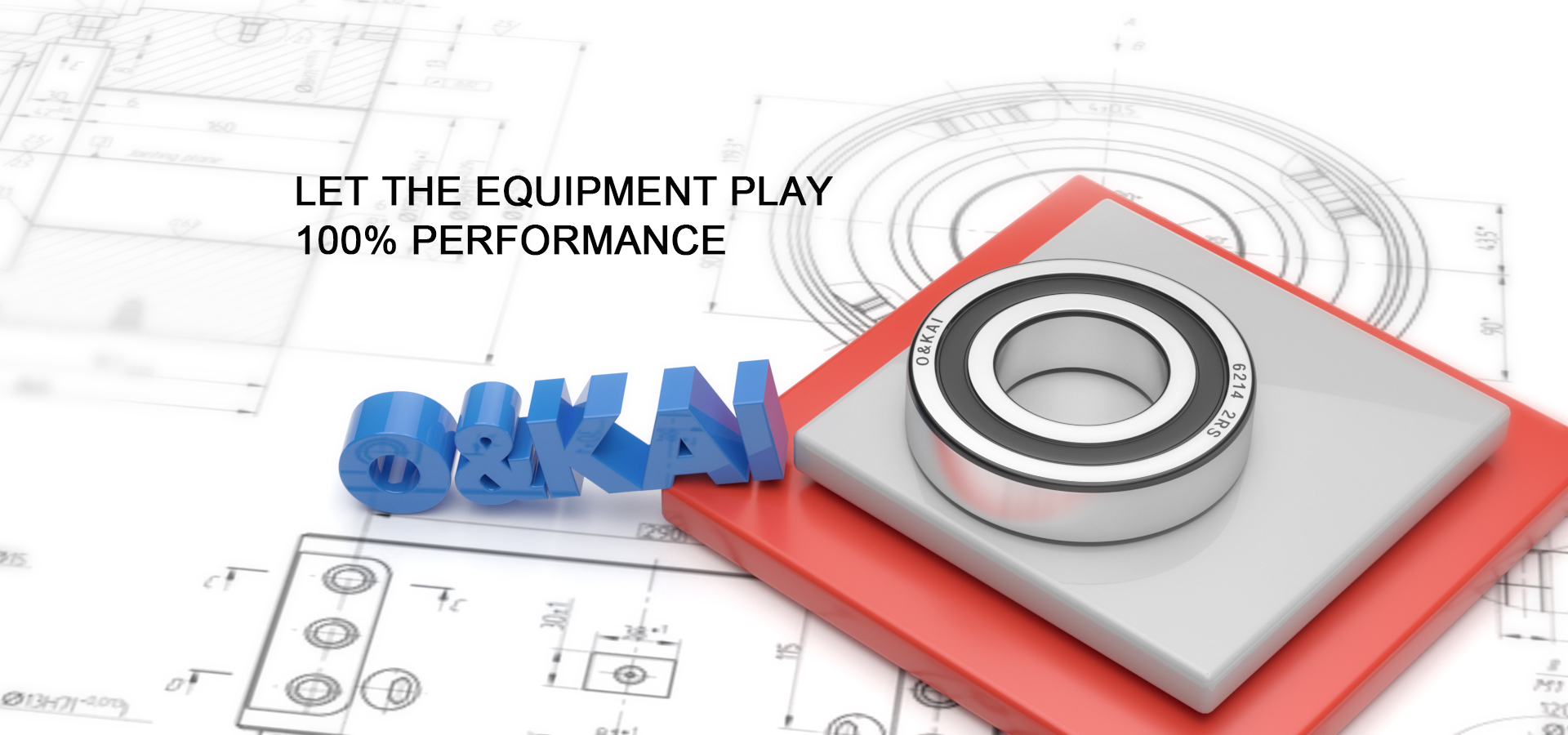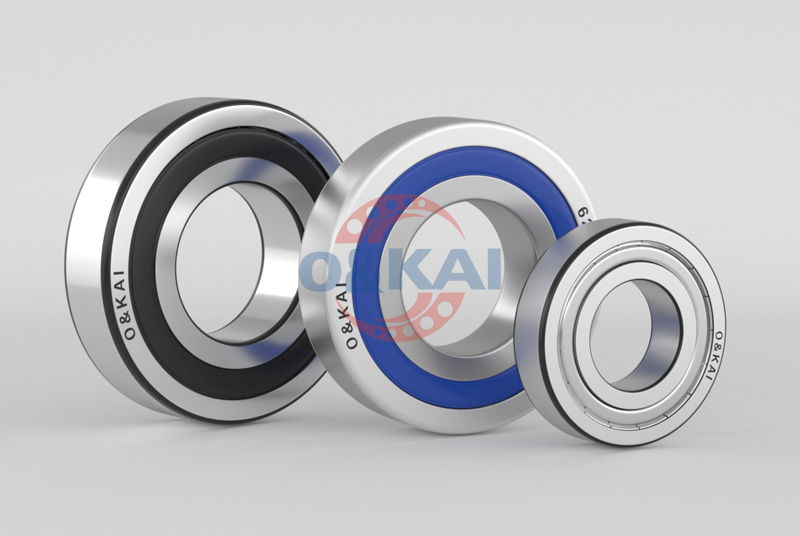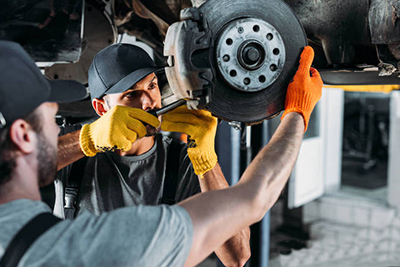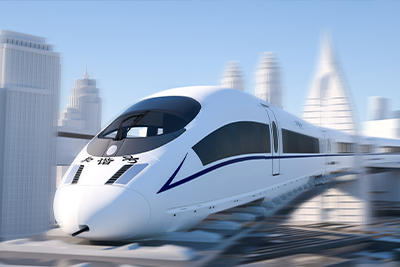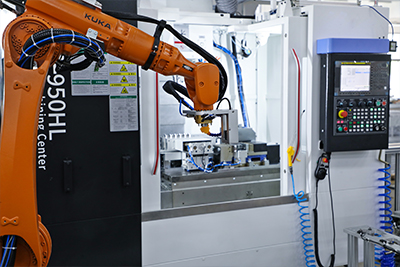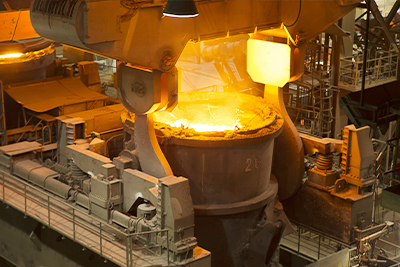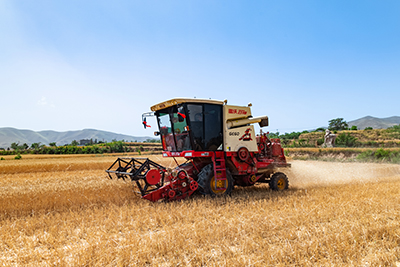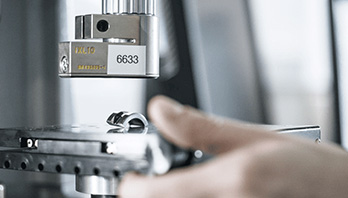Strength witness
11 years of bearing manufacturing experience
Integrating the three major technologies of excellent data technology, evaluation technology and analysis technology, we adhere to standard production, operate attentively, manage with love, strictly follow the quality management system, perfect supply system, mature management plan, and create excellent products and reliable The quality to meet your different needs.
Service advantages
Application engineering services
Each project is unique due to different industries, applications, requirements, scales, and financial conditions. We are cooperating with customers from all walks of life every day. Although customers have different application conditions and company sizes, involving industries from industry, automobile to aerospace and shipbuilding, our application engineers have rich experience in rotating equipment, have in-depth understanding of the operation of equipment components, and can provide support to meet your needs at any time.
Perfect service
High quality service system
OKAI training solutions provide employee training in several areas. If you require, we will help you identify areas for improvement through training needs analysis. This will help us understand your employees' current competitiveness. Based on your specific needs, we can carry out effective training plans and completely customize training programs for your team.
After-sales improvement
Professional team guarantee
The after-sales service is perfect, which can solve customer problems in a relatively short time, and provide services to customers online 7*24 hours a day.
